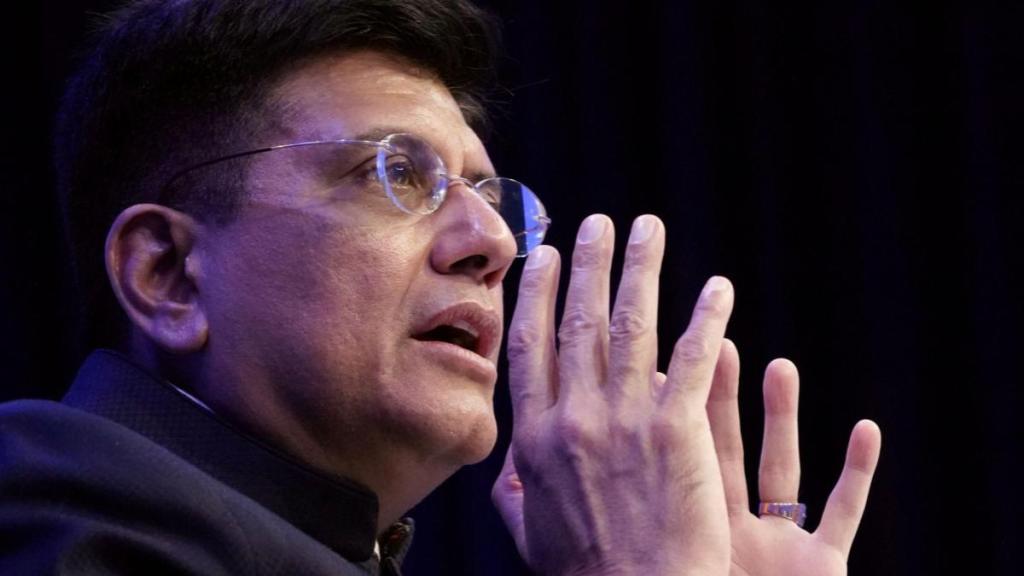In the run up to the Union Budget, the ministry of commerce and industry has renewed the pitch for removal of the so-called “angel tax,” as it believes it has a crippling effect on the start-up ecosystem.
“Based on consultations with the start-ups, we have recommended that (removal of angel tax) in the past as well.. We have recommended the same this time also,” Department for Promotion of Industry and Internal Trade (DPIIT) secretary Rajesh Kumar Singh said on Thursday. “Ultimately an integrated view (on the issue) will be taken by the finance ministry,” he added.
Via Section 56(2)(viib) of the Income-Tax Act, angel tax was introduced in 2012 to deter the generation and use of unaccounted money through the subscription of shares of a closely held company at a value that is higher than the fair market value of the firm’s shares.
The industry has argued that the government is wrong in citing the difference between valuations and actual performance as a sign of money laundering, adding that investors usually fund start-ups based on their future potential, rather than current market value. Taxes levied on the difference between issue price of unlisted securities and its fair market value (FMV) has hurt such funding, they argued.
Even months after the tax department “relaxed” the valuation methods for non-resident capital infusion in start-ups to address their concerns over having to pay “angel tax,” the tax heat on them has only risen. According to industry sources and tax experts, many start-ups have already moved court and more are planning to, challenging the tax demands, and way the taxman seeks to “alter” or differ with the valuation methods followed by the firms.
The start-ups are also armed with several tribunal and court rulings of the past where it was held that the taxman has no right to change the valuation arrived at by the taxpayer or by the third part valuer on his behalf, so far as these follow the options notified.
Another issue for the budget that DPIIT has taken up with the finance ministry is addressing the inverted duty structure. Inverted duty structure refers to a condition where the import duty on inputs is higher than finished products which incentives imports rather than local manufacturing.
Singh said various industry associations in electronics have raised that point (of inverted duty structure). “I tend to agree with them that taxes on inputs should be reduced over time. That’s ultimately for the ministry of electronics and information technology and the finance ministry to take a view.”
DPIIT view is that inverted duty and high tariff on inputs will need to be phased out not only in electronics but perhaps in other sectors, he added. The National Democratic Alliance (NDA) government is likely to present the first budget of its third term on July 24.
The government is also set to introduce a national Deep Tech Start-up Policy (NDTSP), aimed at giving a boost to early-stage technologies and their commercialisation.
The final draft of the policy is ready with the DPIIT and may be taken to the Cabinet soon.


